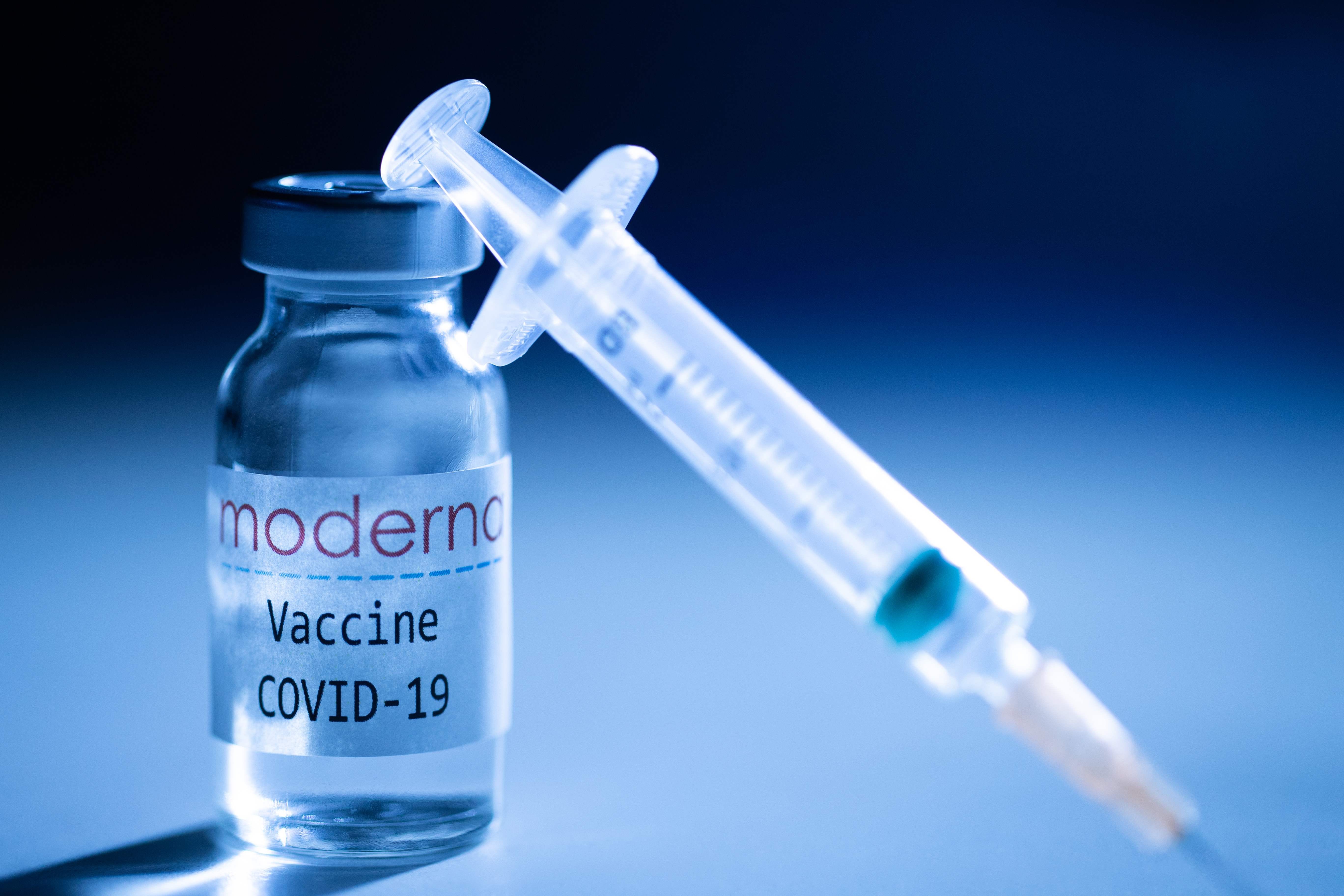

UK participants who reported their ethnicity as ‘white’ were twice more likely to believe in the natural origin compared to the other ethnicities ( p < 0.001). Participants with postgraduate degrees had increased odds of believing in the natural origin compared to those without a graduate degree (Turkey: OR 1.63, 95% CI 1.31–2.03, p < 0.001, UK: OR 2.40, 95% CI 1.70–3.39, p < 0.001). Participants without any children were 41% more likely in Turkey, and 85% in the UK to believe in the natural origin of the virus ( p < 0.001). These two factors were significantly associated with the origin beliefs in both countries. Having a graduate degree and children decreased the odds of vaccine acceptance in Turkey, but not in the UK (Turkey: graduate/non-graduate degree OR 0.69, 95% CI 0.58–0.81, p < 0.001 children/no children OR 0.82, 95% CI 0.69–0.96, p < 0.05). Participants who had higher COVID-19-related anxiety scores had higher odds of vaccine acceptance (Turkey: OR 1.48, 95% CI 1.32–1.65, p < 0.001 UK: OR 1.36, 95% CI 1.04–1.77, p < 0.05), which can be explained by the adaptive function of anxiety in decreasing mortality risk (Nesse, Reference Nesse2005). Several other behavioural and demographic factors influenced vaccination and origin beliefs. Percentage of participants who responded ‘yes’ to the question of whether they would vaccinate themselves and their children for COVID-19 in Turkey ( n = 3936) and the UK ( n = 1088) based on their belief on the origin of the coronavirus (artificial, not sure, natural). Odds of vaccine acceptance were 26% higher in Turkey and 63% higher in the UK if a person believed in the natural origin, compared to those who were not sure about the origin ( p < 0.001).įig. We conducted logistic regression models to investigate factors that affected the odds of (i) COVID-19 vaccine acceptance, (ii) believing in the natural origin of the virus (for model tables see ).

1, proportion tests p < 0.001 for both countries). COVID-19 vaccine acceptance rates were higher among the participants who believed in the natural origin ( Fig. More participants in the UK believed in the natural origin of the virus (54% in Turkey, 63% in the UK, n = 5024, χ 2 = 24.6, p < 0.001), and 18% in Turkey and 12% in the UK thought the origin to be artificial, i.e.

In both countries, 3% of the participants rejected to be vaccinated. Detailed description and summary statistics of the survey variables are available on the Open Science Framework website ( ).ĬOVID-19 vaccine hesitancy was higher in Turkey: 31% of the participants in Turkey and 14% in the UK were unsure about getting themselves and, if they have, their children vaccinated ( n = 5024, χ 2 = 99.5, p < 0.001). All participants were above 18, residing either in the UK or Turkey. We conducted an anonymous online survey throughout May 2020 in the UK ( n = 1088) and Turkey ( n = 3936), and gathered information on participants' willingness to vaccinate for a potential COVID-19 vaccine (yes / no / not sure) and beliefs on the origin of the virus (natural/artificial/not sure). Given the rise in COVID-19-related conspiracy theories (Freeman et al., Reference Freeman, Waite, Rosebrock, Petit, Causier, East and Lambe2020), we aimed to investigate the determinants of, and association between COVID-19 vaccine hesitancy and the beliefs on the origin of the novel coronavirus in a cross-cultural study. Vaccine hesitancy is on the rise, varies across countries, and is associated with conspiratorial worldview (Gallup, 2019 Hornsey, Harris, & Fielding, Reference Hornsey, Harris and Fielding2018). Vaccine development itself, however, will not be enough given that a sufficient amount of people will need to be vaccinated for widespread immunity. Much research effort is focused on developing an effective vaccine for combatting coronavirus disease 2019 (COVID-19).


 0 kommentar(er)
0 kommentar(er)
